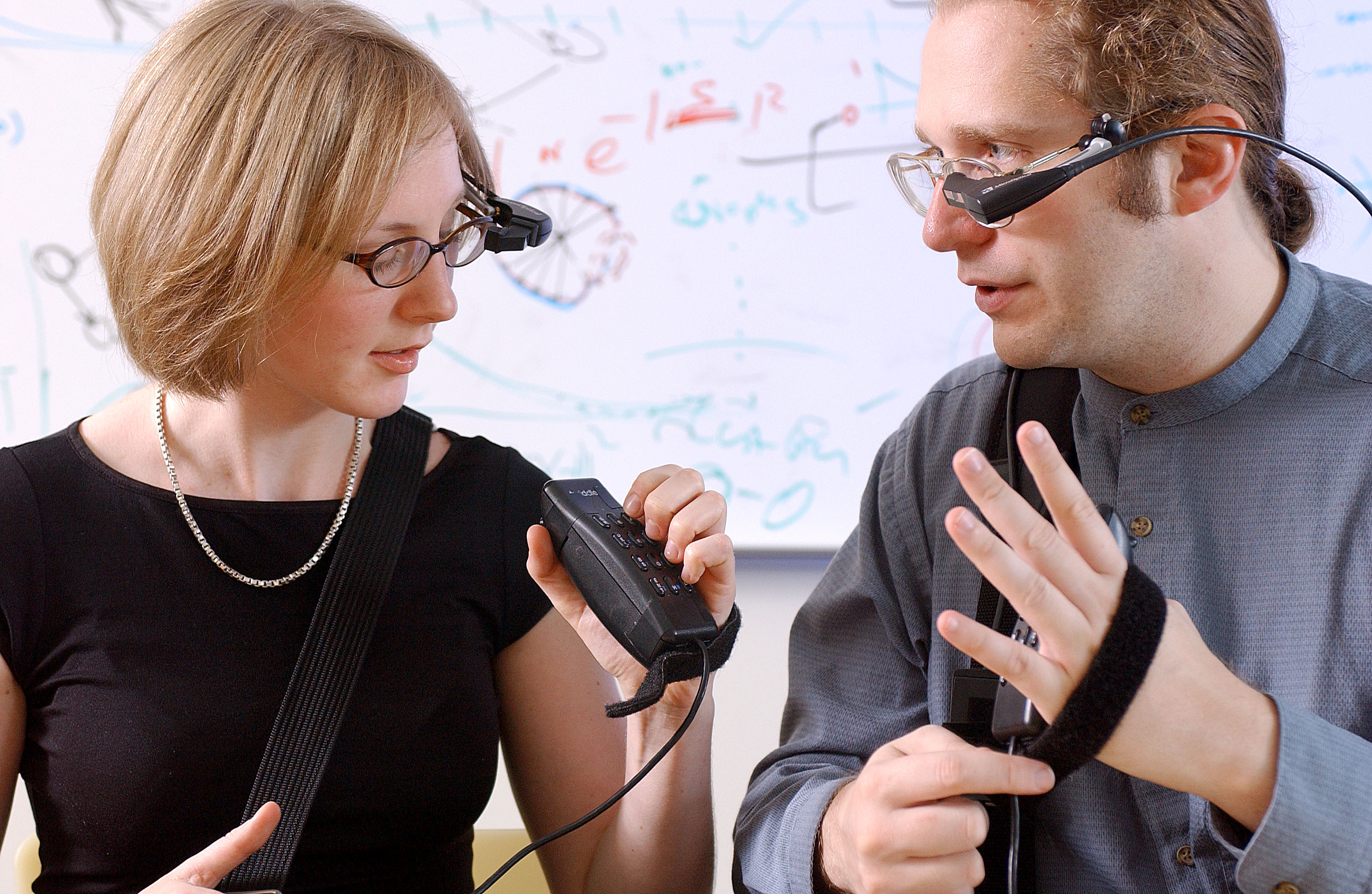For over twenty years people have been carrying wearable computers on their bodies and exploring different ways in which the technology can enhance their day-to-day lives. However over the last year, with the development of head mounted devices such as Google Glass and smart watches like Galaxy Gear, wearables appear ready to enter the mainstream. As computing moves from the desk to the body there are a number of social, technology and user experience challenges that must be addressed. In this panel three experts in the field present their view of wearable technology and discuss if this really is the future of mobile technology, or a passing fad. They will also talk about and what are some of the obstacles that must be addressed for wearable computing to become commonplace, and promising areas for future research.
Presenter(s)

Thad Starner
Georgia Institute of Technology
Tsutomu Terada
Kobe University
Hoi-Jun Yoo
Korea Advanced Institute of Science and Technology (KAIST)
Masaaki Fukumoto
Microsoft Research Asia
Thad Starner is the director of the Contextual Computing Group in the College of Computing at the Georgia Institute of Technology and is also a Technical Lead/Manager on Google's Project Glass. Thad holds four degrees from MIT, including his PhD from the MIT Media Laboratory in 1999. Starner is one of the pioneers of wearable computing and has authored over 100 scientific publications and book chapters in mobile computing, human computer interaction (HCI), computer vision, augmented environments, and pattern recognition. Starner co-founded the IEEE International Symposium on Wearable Computers (ISWC) and is one of the founding members of the IEEE Technical Committee on the subject. His work includes a gloveless, real-time sign language recognizer; various intelligent agents in support of everyday memory; several augmented realities; and a computer-vision based interactive graphics workbench for which he received a "best paper" award at VR2000. Thad's current work researches the use of computational agents for everyday-use wearable computers.
Dr. Tsutomu Terada is an Associate Professor at Graduate School of Engineering, Kobe University. His research interests formerly lay in active database technologies, especially rule-based systems applying the event-driven programming techniques to various areas of applications. Now he is researching on how rule-based technologies can be applied to wearable computing and ubiquitous computing. Also he is interested in entertainment computing such as mobile interactive music and games, broadcast databases, information filtering, and human interface. He is a member of IEEE, the Information Processing Society of Japan, the Institute of Electronics, Information and Communication Engineers of Japan. Dr. Terada has published over 150 journal articles and conference papers and is well know for his research in Wearable and Ubiquitous Computing, Entertainment Computing and Database Systems.
Professor Hoi-Jun Yoo is the full professor of Department of Electrical Engineering at KAIST and the director of SDIA (System Design Innovation and Application Research Center). From 2003 to 2005, he was the full time Advisor to the Minister of Korean Ministry of Information and Communication for SoC and Next Generation Computing. His current research interests are Bio Inspired IC Design, Wearable Computing and Wearable Healthcare. He published more than 200 papers, and wrote 5 books including "Biomedical CMOS ICs"(2011, Springer). Professor Yoo has received numerous awards including the National Medal for his contribution to Korean Memory Industry in December of 2011, the Korean Scientist of the Month award in Dec. 2010, and the Best Research of KAIST Award in 2007.






